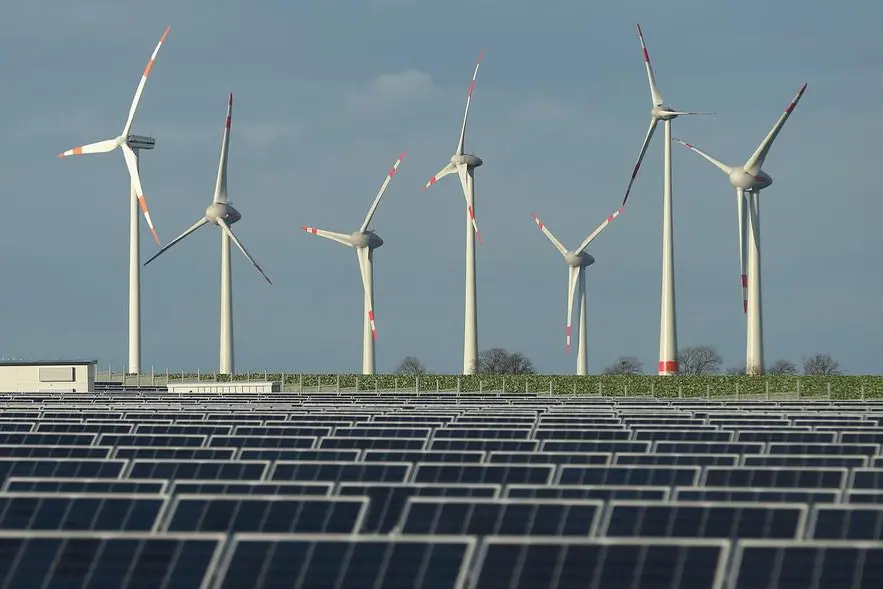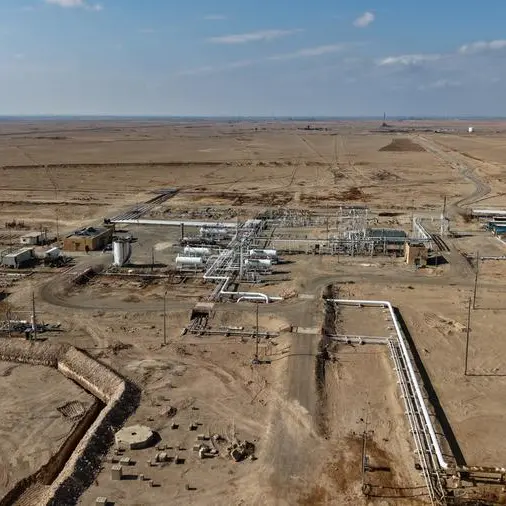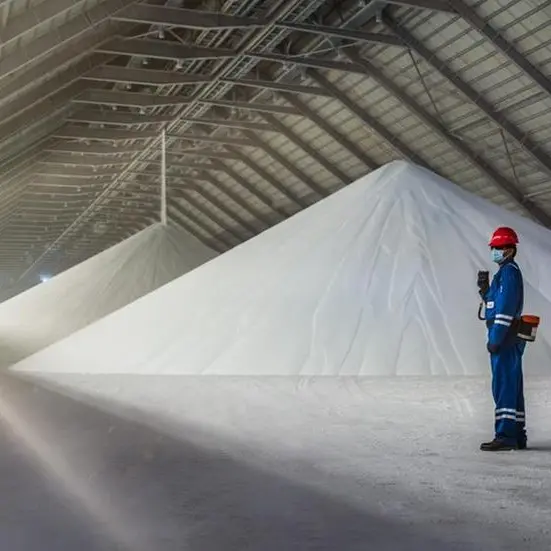PHOTO
S&P Global Ratings expects to see significant investments in renewables in the GCC during the current decade, as member countries race to meet net zero targets and commitments to the Paris Agreement.
As one of the largest sources of emissions, the power sector looms large in most national plans for decarbonization, S&P said in a new report on Tuesday.
"The two largest economies - the United Arab Emirates (UAE) and Saudi Arabia - continue to lead climate-related efforts in the GCC region. As of year-end 2021, about 90% of the region's established renewable energy capacity was in these countries, with the UAE alone representing 77%. They have also committed to updated targets as part of renewed efforts to reach net zero."
To achieve the goals, government-related entities have taken the lead on procurement, inviting local and international developers to bid for tenders. Most developers then finance the assets on a nonrecourse basis, which means using substantial commercial bank debt.
However, the UAE and Saudi Arabia have both established public-private partnership frameworks, making project finance an obvious choice for funding deployment.
"As energy transition in the region progresses, we expect to see more renewables projects tapping the capital markets for financing, including a growing number of solar PV projects. In our global portfolio of solar PV projects, the key credit qualities include the timing of and budget for maintenance, availability and good management of solar panel degradation."
To date, GCC countries have used solar generation more than any other renewable technology.
As of 2021, 97% of installed capacity for renewables in the GCC are related to solar power. Conditions for solar power generation in the region are excellent because of:
- High levels of solar radiation and sunlight hours all year round
- Ample land on which to install PV panels
- Production and demand being well-matched, as both generation and consumption peak in the daytime and in the summer
(Writing by Brinda Darasha; editing by Cleofe Maceda)





















